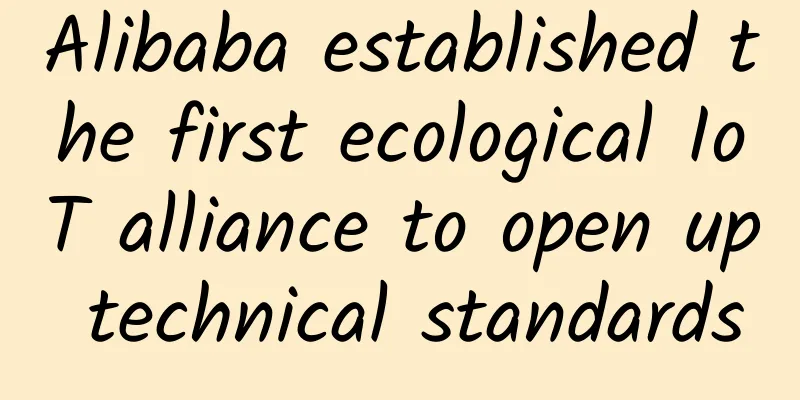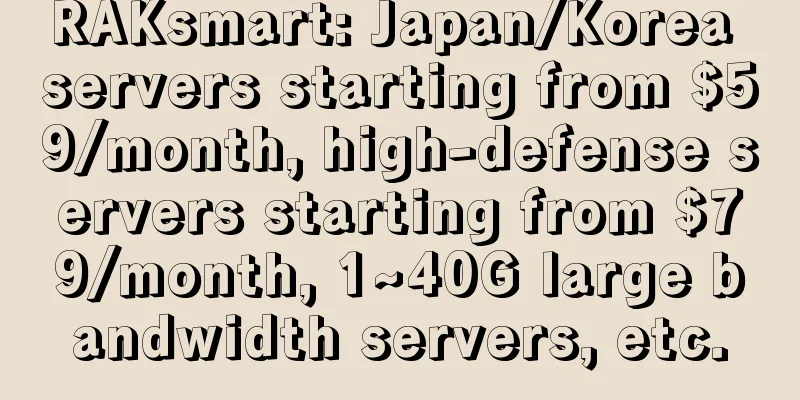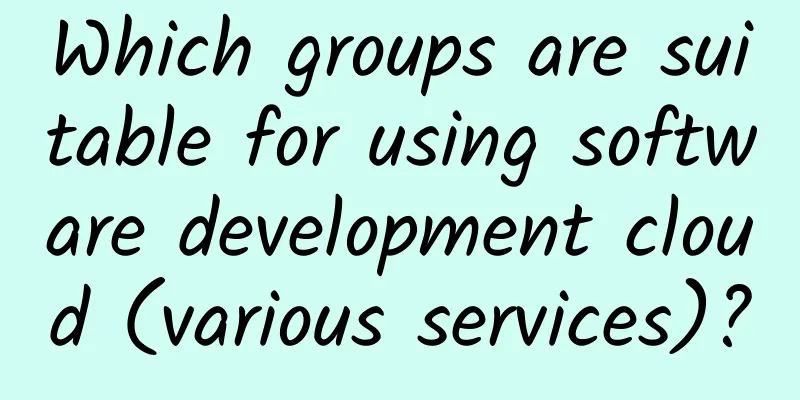Alibaba established the first ecological IoT alliance to open up technical standards

|
At the IoT Partner Program Conference 2017 (ICA) on June 10, Alibaba Cloud, together with nearly 200 IoT industry chain companies, announced the establishment of the IoT Partner Alliance, clarifying the alliance's goals, working mechanisms and organizational structure. This is the first alliance conference after Alibaba launched the Global IoT Ecosystem Partner Program last year, marking that IoT will enter the fast lane of ecological development. The IoT industry has reached a critical point of explosion, but the fragmentation of scenarios makes it difficult for products and services to interconnect, and security issues are the biggest pain points currently affecting the development of IoT. Ku Wei, the first chairman of the alliance and general manager of Alibaba Cloud IoT Business Unit, stated at the conference that the goal of the alliance is to establish and cultivate an open, interoperable and secure IoT industry ecosystem, open up Alibaba's ecological resources, and expand and strengthen the entire IoT industry. Ku Wei said that for this purpose, the IoT Alliance will be committed to using Internet thinking to build standards and ecosystems, acting as a glue to connect existing technical standards, leverage international standards and thus promote the development of the entire IoT industry. Currently, the alliance has more than 200 partners joining, covering various types of IoT industry chain partners such as brand manufacturers, chips, modules, security, sensors and smart homes, including well-known IoT industry chain companies such as Suning, Haier, Qualcomm, Midea, Gemalto, Bosch, Hongyan Electric, and Schneider.
Wang Yunci, marketing director of Alibaba Cloud IoT Division, said that Alibaba will integrate various IoT-related resources within the ecosystem, including e-commerce, cloud, financial logistics, etc., and give priority to opening them to ICA partners to encourage and support innovative projects. Zhu Hongru, director of Alibaba's Standardization Department, elaborated on the alliance's working mechanism and stated that it will create an ecological closed loop of "ecological sharing, co-construction of standards, product docking, testing and certification, financial support and channel promotion" to promote the rapid and healthy development of the IoT market. Liu Dapeng, senior expert of Alibaba's Standardization Department, announced the alliance's next work plan, which is to set up several working groups such as interfaces/data to carry out a series of research and development and cooperation in standard co-construction, testing and certification, and communication and cooperation. Industry observers believe that through Alibaba's ecological resources and cloud computing services, the alliance has strong commercial monetization and market appeal, which will effectively promote the maturity and standardization of the IoT market in China and even the world. |
>>: Ten basic skills for Linux operation and maintenance engineers
Recommend
There are so many IoT protocols: Which one is right for you among LoRa, Cat-M and NB-IoT?
It’s been nearly 30 years since the first unoffic...
HostXen charges 300 yuan and gets 50 yuan free, charges 600 yuan and gets 150 yuan free, new customers will receive coupons when placing an order, multiple computer rooms are available
HostXen launched a Double 11 promotion. From Octo...
[11.11] 66 Cloud VPS 20% off for monthly payment and 40% off for annual payment, Hong Kong/US/Korea/Japan data centers available
666clouds has launched a special promotion during...
F5's 2022 State of Application Strategy Report shows that edge deployment and load security have become the focus in the Asia-Pacific region
Digital transformation is in full swing, and tech...
DiyVM: 50 yuan/month-2GB/50GB/10M/US CN2/Hong Kong CN2/Japan Osaka
Continue to share information about DiyVM. DiyVM ...
Manufacturers begin to correct mistakes, is 5G adjusting its direction?
It has been more than two years since the country...
How many base stations are there in the world? How many 5G base stations are there?
According to the latest statistics from Omdia, th...
iWFHosting: $8.99/month KVM-2GB/25GB/1.5TB/Los Angeles
The tribe has shared information about iWFHosting...
The world's first quantum call! The West: The future belongs to China, but technology should be shared
Recently, with the rapid development of China'...
SDN helps unify wired and wireless campus networks
IT professionals are faced with the challenge of ...
5G is here, what can 5G do?
5G is here. In order to let everyone know clearly...
Does Snowflake's popularity mean Hadoop is dead? What exactly is a big data system?
Any technology will go through a process from hig...
DiyVM: Hong Kong/Japan/US VPS 2G memory starting from 50 yuan/month, CN2 line optional
DiyVM is a Chinese hosting company that has been ...
Hengchuang Technology Procurement Season: Hong Kong cloud server flash sale with annual payment starting from 299 yuan, US server monthly payment starting from 600 yuan
Hengchuang Technology has launched a 2021 New Yea...
Sharktech: High-defense servers start at $69 per month, with data centers in Los Angeles, Denver, Chicago, etc.
Sharktech, also known as Shark Data Center or SK ...









